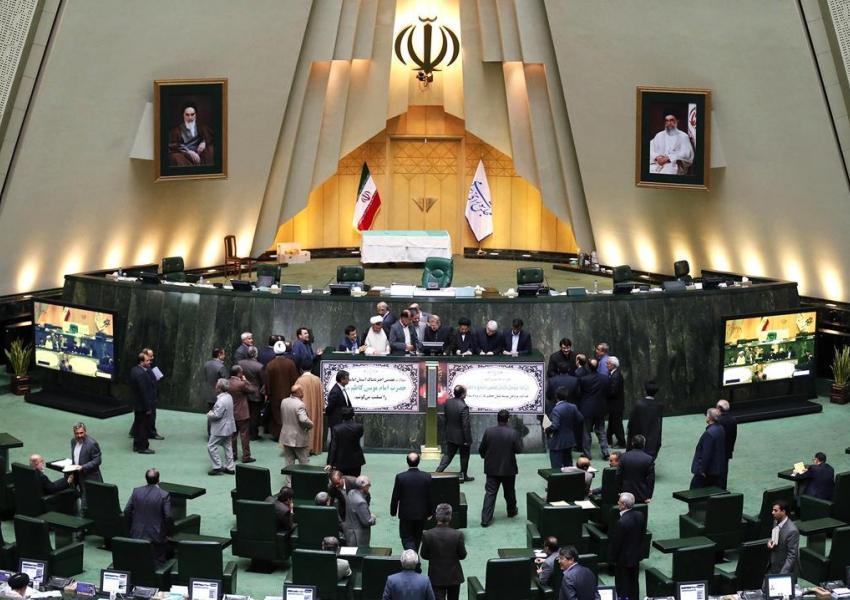The New Sanctions On Tehran

Relations among Iran and Europe have weakened forcefully, with the EU and England inclining up sanctions against the Islamic republic over its reaction to over four months of fights. Iran’s binds with the West have for quite some time been tense, over issues going from its argumentative atomic program to its job in local contentions and the confinements of outsiders and double nationals. The EU on Monday sent off its fourth round of approvals against Tehran since the fights began, putting 37 additional Iranian authorities and substances on a resource freeze and visa boycott. The 27-country EU has up to this point, notwithstanding, avoided boycotting Iran’s Islamic Progressive Watchman Corps as a fear monger bunch, regardless of calls from Germany and the Netherlands to do as such. Iran has cautioned the coalition against such a stage, and some EU authorities are vigilant that it could kill off slowed down endeavors to restore the 2015 arrangement on Tehran’s atomic program. Belgium and France, which both have residents in the slammer in Iran, on Monday criticized what they marked Iran’s “arrangement of prisoner taking”. The view from Iran Tehran has been maddened by areas of strength for Europe starting from the beginning of the dissent development ignited by the passing of Iranian Kurd Amini. The Islamic republic’s senior authorities on Sunday blamed the Europeans for pursuing “a crossover battle against the Iranian country” on mental, media and monetary fronts. Iranian unfamiliar service representative Nasser Kanani charged that “a few European nations, including Germany, have picked the way of incitement to impel the fights and mobs” to “work up shakiness” in Iran. Iran’s top representative Hossein Amir-Abdollahian on Sunday differentiated the position of its long-term curve enemy the US with what it considers a more unfriendly position taken by England, France and Germany.

The United States, United Kingdom, and Europe have imposed various economic sanctions on Tehran in an effort to pressure the Iranian government to end its nuclear program and halt its support for terrorism. These sanctions have included restrictions on the import and export of goods and services, financial transactions, and investments. The sanctions have had a significant impact on the Iranian economy, leading to a significant reduction in its oil exports, a sharp devaluation of its currency, and a rise in unemployment. The sanctions have also had a negative effect on the Iranian people, making it difficult for them to access basic goods and services. Despite the negative impact of the sanctions, the Iranian government has refused to back down from its nuclear program, leading to a further escalation of tensions between the US and Iran.